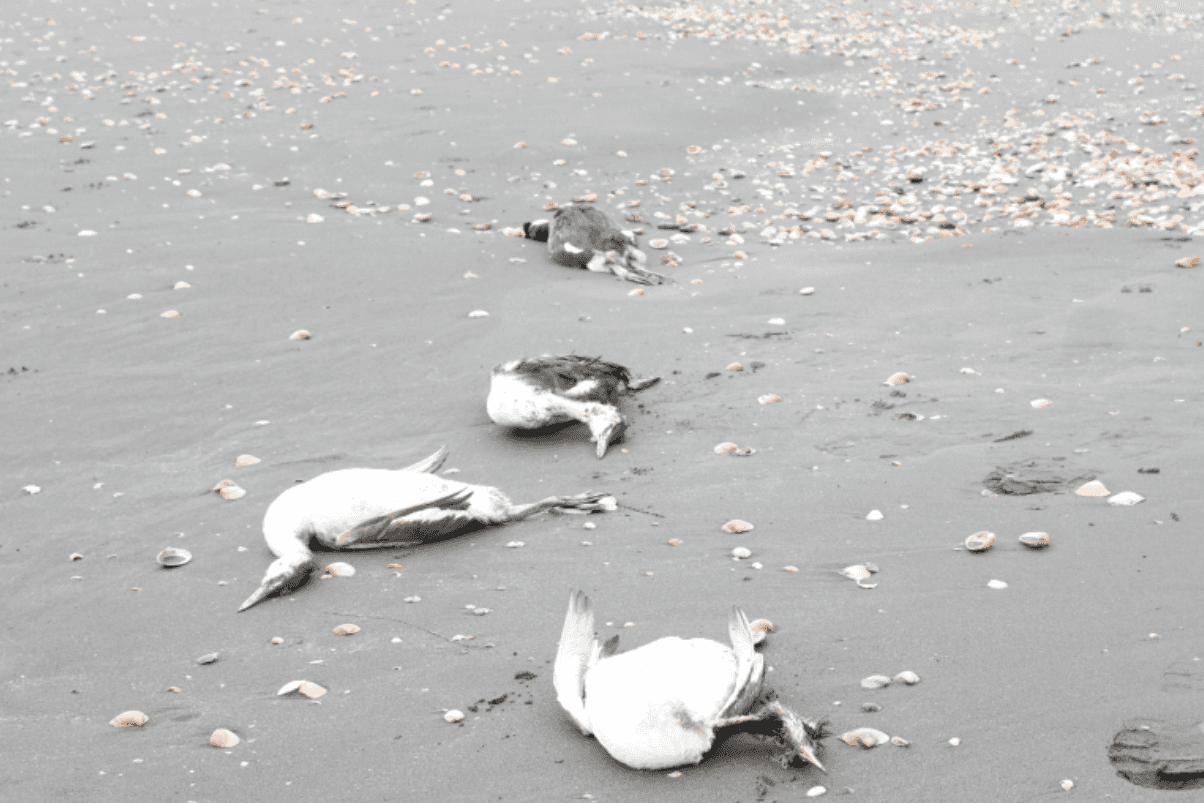Azerbaijani journalists denied accreditation, prevented from interviewing Aliyevs at COP29

The Azerbaijani independent media outlet Meydan TV has said their journalists were denied accreditation to cover the COP29 climate summit, while an RFE/RL journalist was reportedly attacked for trying to get an interview with President Ilham Aliyev’s daughter.
The UN climate change conference kicked off in Baku on Monday, and the country was immediately flooded with reporters from around the world.
Ayan Najaf, a member of the Coordination Council of the COP29 Operations Company, said that about 3,000 journalists had registered to participate in the conference.
Journalists from Azerbaijan and abroad who were in attendance were ostensibly allowed to ask questions to high-ranking Azerbaijani officials. Independent media in Azerbaijan are typically not invited to state-run conferences. As before, getting close to Aliyev and his family members is still impossible.
On the first day of COP29, Arzu Aliyeva, one of Aliyev’s daughters, was in attendance. A journalist from RFE/RL tried to ask Aliyeva several times about journalists who have been imprisoned in the country, but found it impossible to even approach her. One of Aliyeva’s bodyguards insulted the journalist, asking, ‘Where are you going?’ before another guard slammed the door in their face.
In another incident, an independent reporter questioned presidential aide Hikmat Hajiyev about detained journalists. Hajiyev claimed that in Azerbaijan, journalists are not persecuted for their work, but rather for breaking the law.
‘The rule of law, including freedom of the media, is fully protected in the Republic of Azerbaijan. If you are talking about someone’s arrest, let’s talk about the rule of law here’, Hajiyev said.
Hajiyev claimed there are no cases of persecution of any of the mentioned individuals in connection with their journalistic activities, but instead with things done outside of the purview of their work.
‘Being a journalist does not mean violating the rule of law. Being a journalist is not a concept of being above the law or having privileges outside of journalism’, Hajiyev claimed. Hajiyev then asked rhetorically, ‘Don’t the institutions that call themselves media realise that they are violating Azerbaijani laws by engaging in such illegal financial machinations?’
The same rhetoric was repeated by MP Siyavush Novruzov, who also claimed that no journalists had been imprisoned in Azerbaijan because of their profession.
‘Even the members of the ruling party also may face arrest when they break the law. For instance, [consider the] heads of the different state agencies; seven of them are now imprisoned’, Novruzov said.
Independent Azerbaijani media left in the dark at COP29
On the second day of COP29, the independent media outlet Meydan TV revealed that two of its journalists could not attend the conference because they were denied accreditation.
One of the journalists who was denied accreditation told OC Media that their past work not including a byline as a security measure led to their application being dismissed. They said that applying for accreditation required the attachment of three samples of their previous work.
Meydan TV made the decision not to include the names of authors in their content in 2015, as Azerbaijan escalated their crackdown on independent media.
It followed the 2014 raid on the offices of RFE/RL in Baku and the arrest of editor and investigative journalist Khadija Ismayil. In 2015, three Meydan TV employees were arrested on the street, and one, Shirin Abbasov, was detained. Following this, another three Meydan TV employees returning from Ukraine were arrested at the airport.
The decision to withhold names has also created additional challenges for the ability of independent journalists to access official events and public figures.
The second Meydan TV journalist to be denied accreditation said they were told it was too late to apply, despite having done so over 24 hours before the deadline. ‘The excuse is that time is running out’, they said.
Meydan TV, as with almost all independent media in Azerbaijan critical of the government, has been outlawed by the authorities, dancing criminal charges of tax and financial violations.
RFE/RL’s Azerbaijani service has also been blocked in Azerbaijan since March 2017 at the request of the Prosecutor General’s Office, which claimed the website posed a threat to the country’s national security. RFE/RL has refuted these claims in court.
The European Court of Human Rights (ECHR) ruled in June 2024 that the blocking of the website is a violation of the right to freedom of expression, ordering the government to pay €5,000 ($5,300) in compensation.
Hajiyev claimed on Tuesday that RFE/RL was ‘not a legitimate media structure on the territory of [Azerbaijan]’. He added that the decision was based on Azerbaijani law, which allegedly stipulates that ‘[RFE/RL] does not act as a media entity in Azerbaijan’. Hajiyev further claimed that RFE/RL’s activities in the country violate national law.
Azerbaijan’s crackdown on independent media intensified again in 2023, with the entire management of AbzasMedia and Toplum TV being arrested on money smuggling charges, which they have dismissed as politically motivated.
AbzasMedia’s jailed journalists have also reportedly faced new restrictions since COP29 began. The outlet’s jailed editor-in-chief, Sevinj Vagifgizi, told her mother that she was not allowed to make phone calls longer than two minutes.
‘They say it is enough for your family to know you are alive and well. Phone calls will also end at 14:00. Open meetings have been cancelled altogether’, she said.
As COP29 is considered a holiday in Azerbaijan, additional restrictions have been placed on jailed journalists, such as the inability to meet with relatives until after 22 November.









